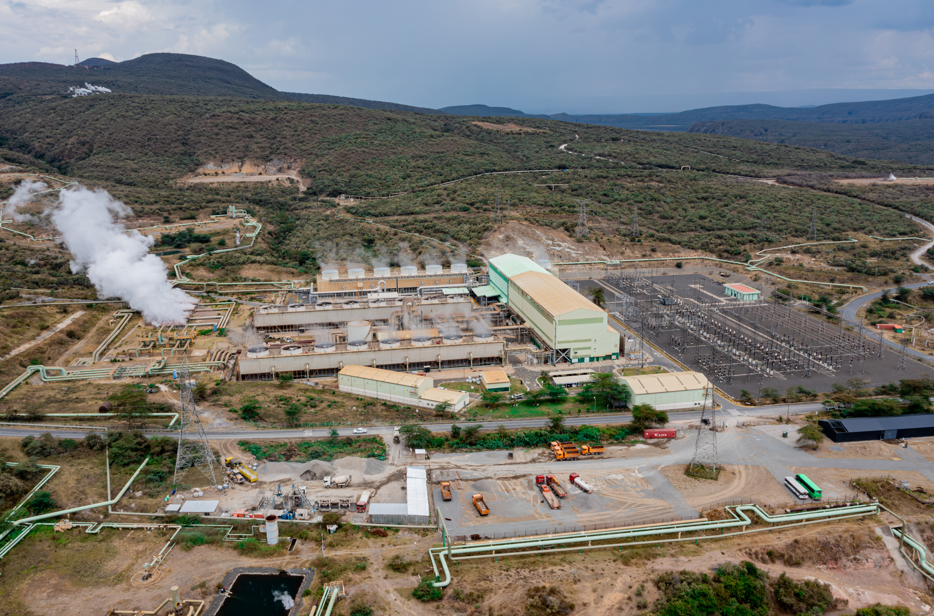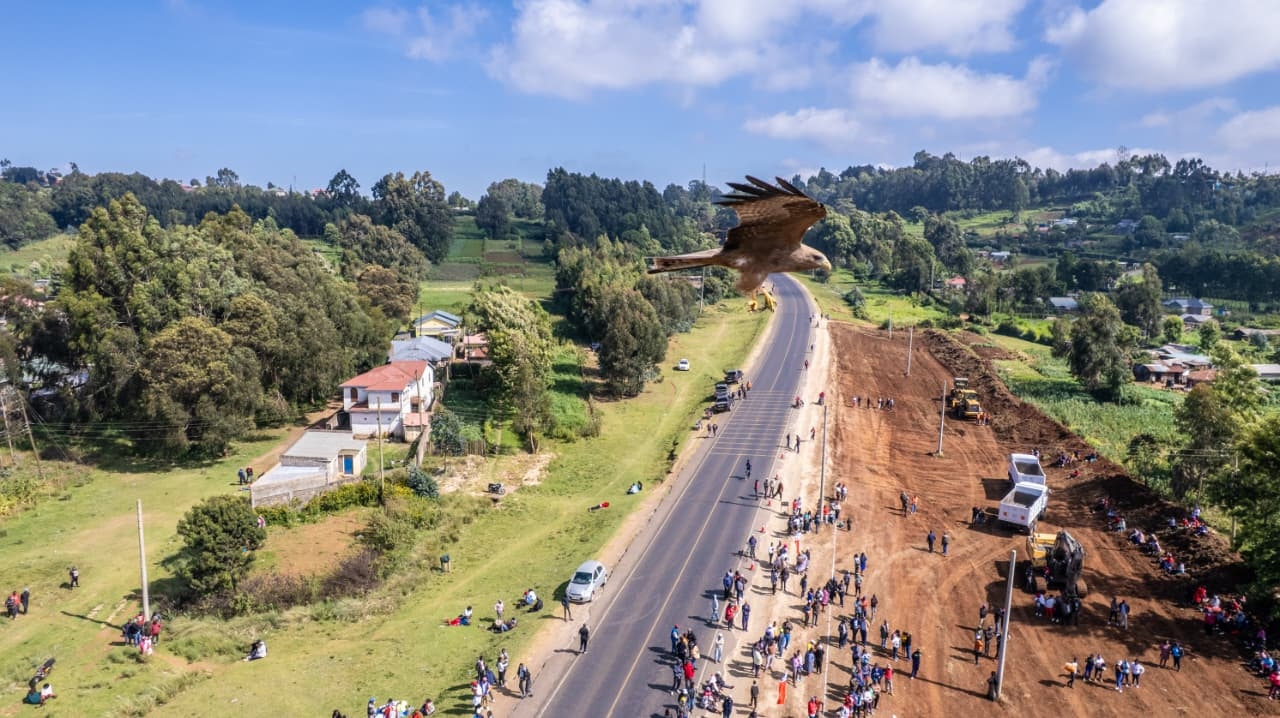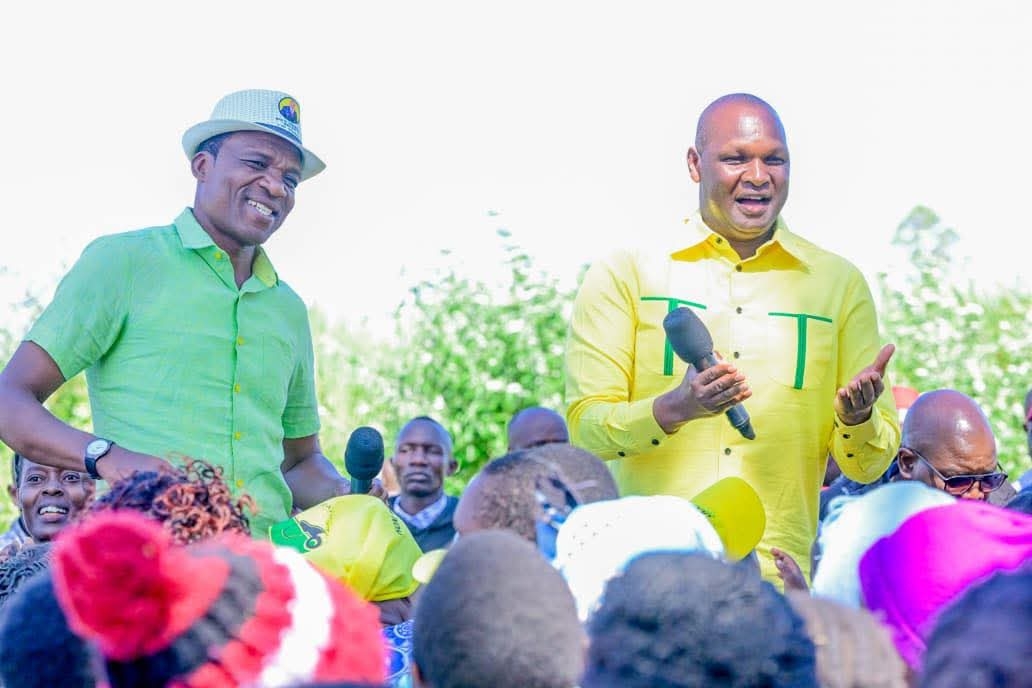

Across Africa, the need for affordable, sustainable power is as urgent as it is daunting. Every night, millions of children do homework by candlelight. Clinics struggle to refrigerate lifesaving vaccines. Small businesses close early because there simply isn’t enough electricity. Africa’s energy access gap is one of the most persistent barriers to economic opportunity and social progress with more than 600 million people without access to this life-defining resource.
Yet, something remarkable is unfolding and it deserves the world’s attention. More than 90 per cent of our electricity now comes from renewable sources, putting Kenya among the greenest energy systems on the world. Wind turbines along the Ngong Hills, Lake Turkana and geothermal plants humming at Olkaria generate power that is lighting up rural villages and powering Kenya’s cities with minimal carbon footprint.
Beyond
the statistics, these clean electrons translate into real, tangible public
benefits, more children in school after dark, more clinics with steady power
and more local industries creating jobs for our youth, powering national
economic development.
That kind of progress is exactly what Africa and indeed the world needs more of as we look to transform the global energy sector. But Kenya did not achieve this overnight. It took decades of public investment, local expertise, strong policy choices and international partnerships to scale up renewables and innovate at home. Companies like KenGen, East Africa’s leading power producer, have built up deep geothermal expertise that is now recognised globally. Today we are proud to not only power Kenya but also support neighbouring countries as they harness their own renewable wealth.
That is why Africa’s leadership must be felt in international policymaking forums like the Business 20 (B20), which advises the G20 on energy, finance and climate action. Hosted this year for the first time on African soil, in South Africa, the B20 South Africa Energy Transition Taskforce, of which I am co-chairperson, is at the centre of this once-in-a-generation moment.
Africa can no longer accept global energy policies designed without our realities in mind. Our continent still carries the heaviest burden of energy poverty despite having some of the most abundant renewable resources on the planet. The task before us is to correct this imbalance, and to do so collaboratively. That is precisely the spirit that Kenya brings to the B20 table.
Our message is simple: if the global energy transition is to succeed, it must also be fair. Too often, international financing is inaccessible to those who need it most; too often, Africa is seen as a passive recipient rather than an active partner. Policies must reflect the practical needs on the ground, from making concessional financing easier to obtain, to helping communities build skills and local industries, to creating space for small-scale innovation. And all of this must take into account the diverse realities of African economies and the people who depend on them.
That is why Kenya supports the B20 South Africa agenda to scale up clean power infrastructure across developing countries and strengthen local value chains. It is why we advocate for international partnerships that go beyond capital to embrace knowledge sharing and technology transfer. And it is why we push for energy policies that support small-scale solutions as much as large ones, because a truly inclusive energy transition must touch every village, every farm, every school.
Africa’s voice at this policy table is not only about justice. It is also about opportunity. With vast solar, wind and geothermal resources, a burgeoning youth population and deep entrepreneurial spirit, African nations can help lead the world in the clean-energy era - as innovators, investors, and partners.
Kenya’s own renewable success story built by the Kenyan people, powered by local companies like KenGen, and driven by a commitment to public good, is proof that this future is not only possible but already underway. Our challenge now is to scale that success across the continent, so that every African child, every small business and every hospital can share in its benefits.
As we look ahead to this crucial next phase of the global energy transition, one thing is clear: African countries like Kenya do not want to simply follow someone else’s blueprint. We have one of our own and we intend to use it to light the path toward a fairer, greener future for all.
















